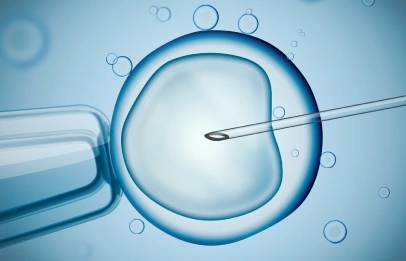
IVF (in vitro fertilization) is the fertility treatment that is most well-known. It means “fertilization in glass”, hence the expression “test tube baby”. There are various stages involved in IVF treatment: Stages of IVF: You will be prescribed drugs that will help control when your eggs are produced. You will also take drugs to increase the number of eggs you…
